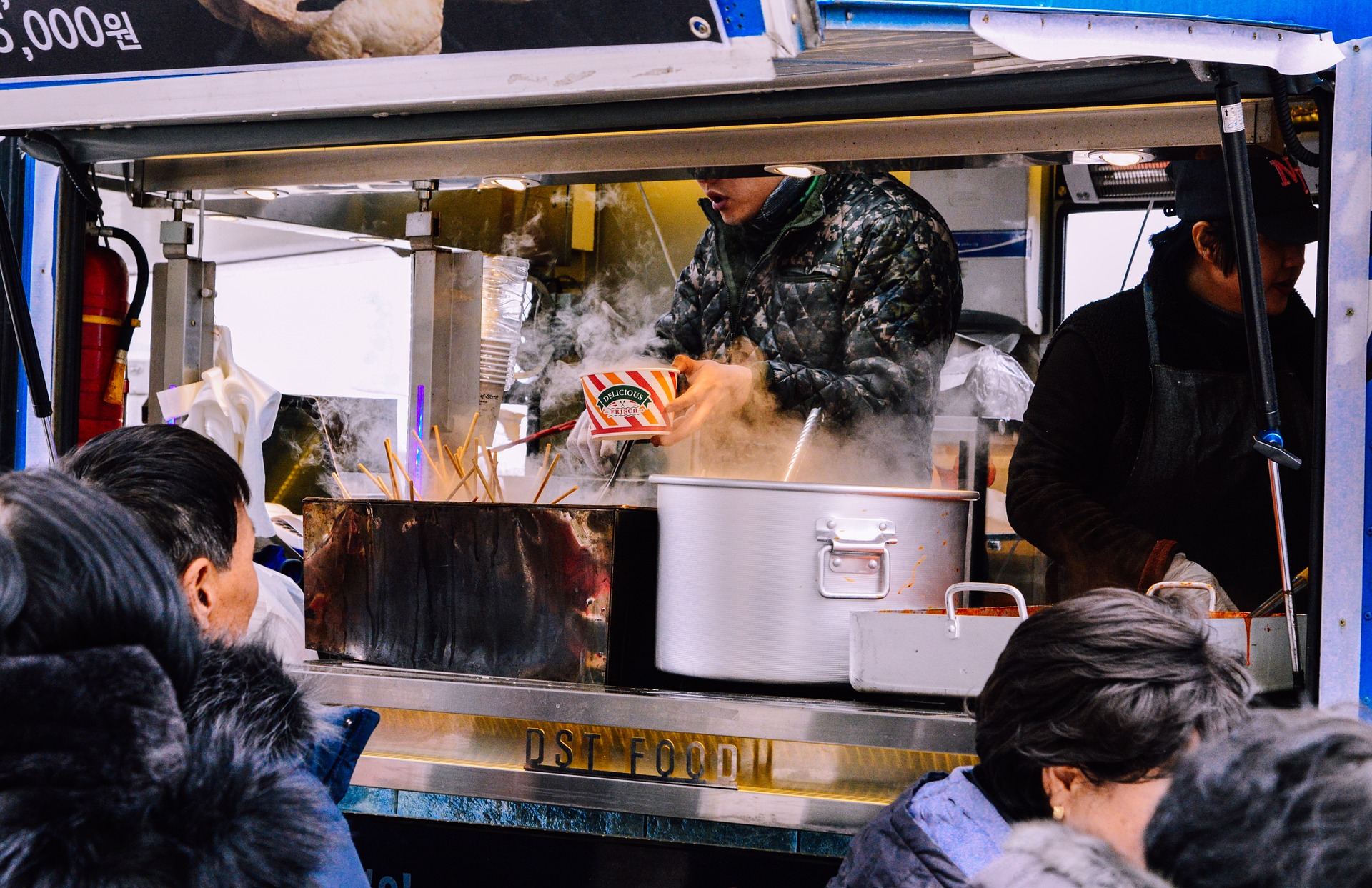Cultural Reshaping: The Influence of Food Tourism on Local Communities
Dive into the captivating world of food tourism and its transformative impact on local communities. Explore how this growing trend reshapes cultural landscapes and contributes to sustainable development. Read below to delve deeper into this fascinating subject.

A New Frontier in Tourism
Food tourism, also known as culinary tourism, is not merely about dining out. It’s about the exploration of food as the purpose of tourism. It’s a realm where food and drink are at the forefront of tourism and play a significant role in the tourist experience. It’s about immersing oneself in the local culture via sampling local delicacies, engaging with local producers, and even participating in cooking classes.
The Impact on Local Communities
Food tourism has a profound impact on local communities. It has the potential to boost local economies by creating jobs and promoting local businesses. It can also foster community pride by celebrating local food traditions and heritage. More importantly, it can contribute to sustainable development by promoting responsible travel practices and supporting local food systems.
The Role of the Food Tourist
Food tourists play a critical role in this cultural reshaping. They demand authentic, high-quality food experiences that reflect the local culture. This demand encourages local businesses to maintain traditional food practices and promote local food products. It also encourages the preservation of local food heritage, contributing to a vibrant local food culture.
The Power of Local Food Experiences
Local food experiences have the power to transform tourist perceptions of a destination. They provide a unique lens through which tourists can understand and appreciate local cultures. This can lead to more respectful and meaningful interactions between tourists and locals, fostering mutual understanding and respect. It can also contribute to the preservation of local cultures, as tourists appreciate the value of local traditions and customs.
Challenges and Opportunities
However, food tourism also presents challenges. It can lead to the commodification of local food cultures and contribute to over-tourism. But with careful planning and management, these challenges can be mitigated. By focusing on sustainable practices, food tourism can contribute to community development while preserving local food cultures.
Useful Tips and Facts: - Consider food tourism as a way to explore local cultures and support local economies. - Food tourists play a crucial role in promoting local food traditions and heritage. - Local food experiences can foster mutual understanding and respect between tourists and locals. - Food tourism can contribute to sustainable development by promoting responsible travel practices. - However, careful planning and management are needed to mitigate potential negative impacts.
In conclusion, food tourism is more than just a trend. It’s a cultural phenomenon that is reshaping our understanding of tourism and its impact on local communities. It offers a unique way to explore local cultures, support local economies, and contribute to sustainable development. But it also presents challenges that need to be addressed. With careful planning and management, food tourism can be a powerful tool for cultural preservation and community development.




